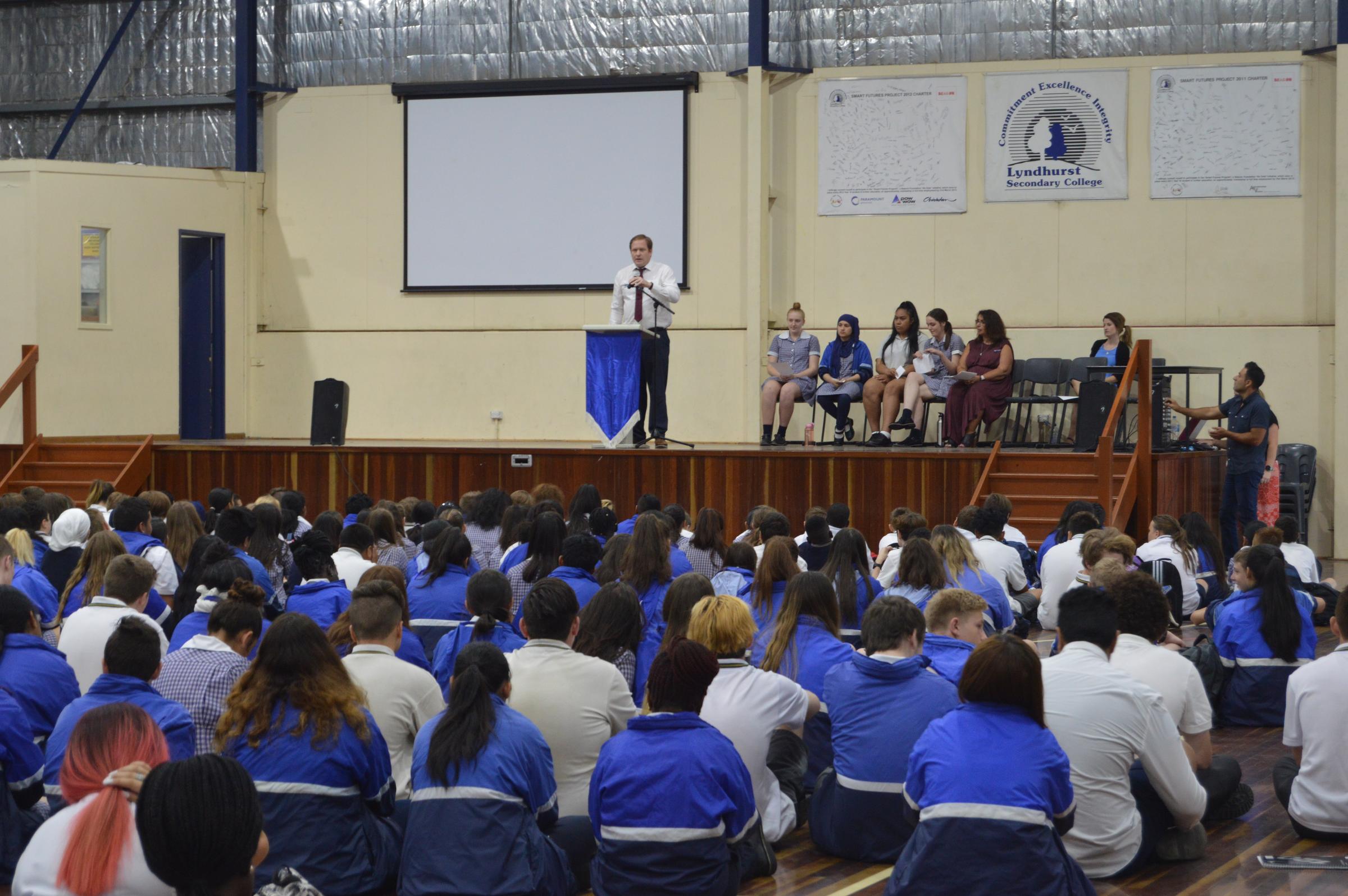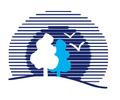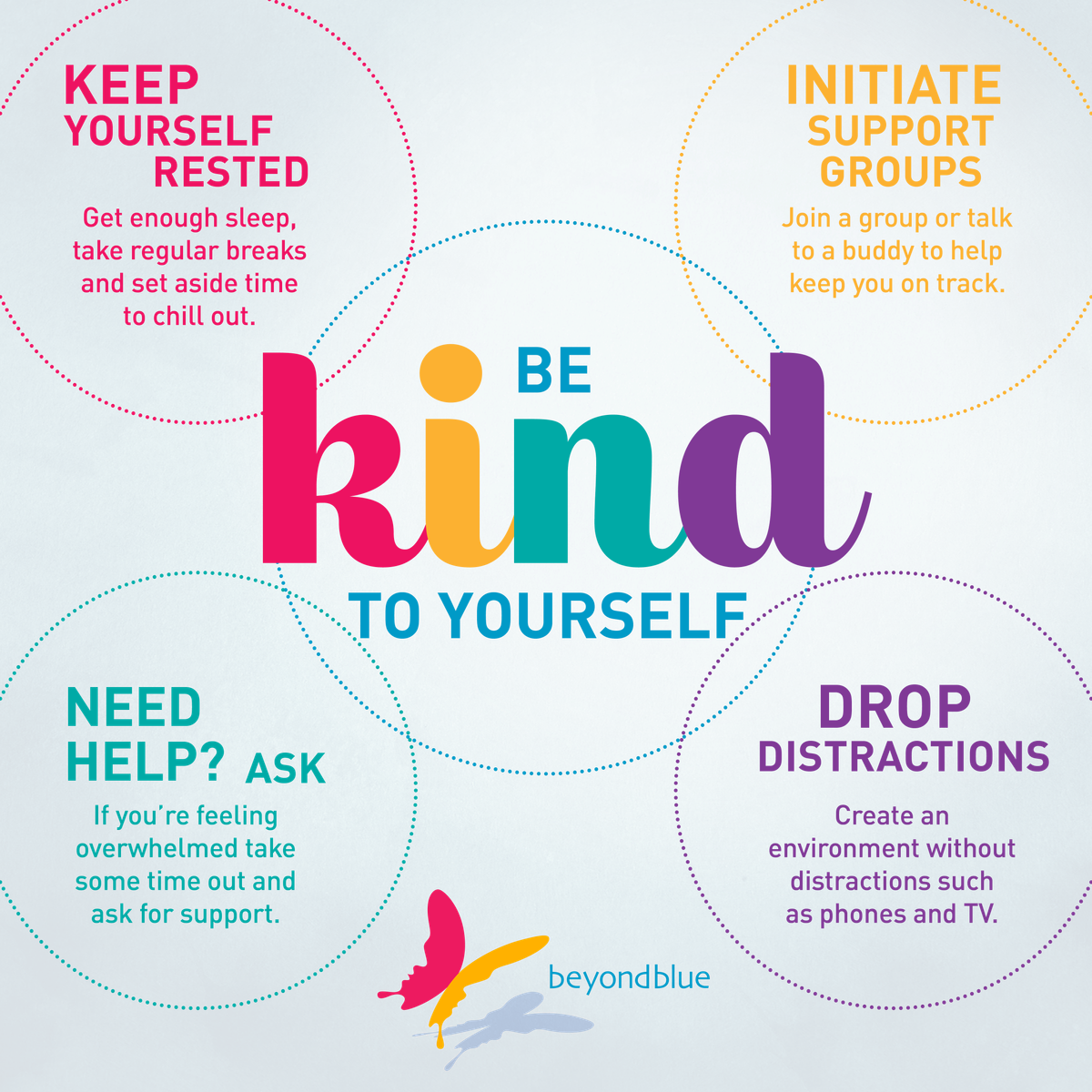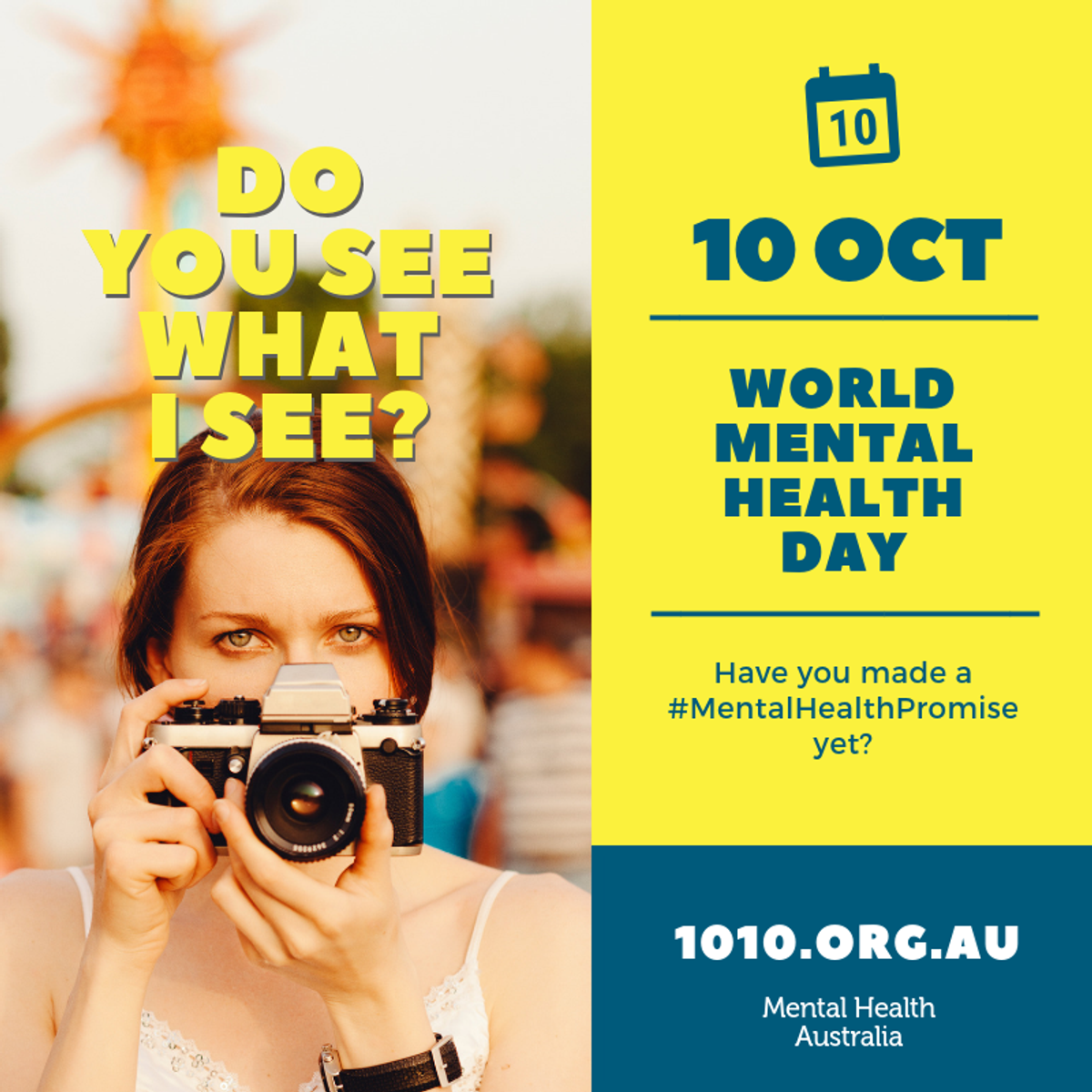Exams News

Exam Stress and Studying
VCE and VCAA Written exams will commence on October 31st.
Senior School exams can be very stressful. Many students feel pressured to do well - to get into certain courses, or to please their family. On top of that, young people may be stressed about the uncertainty of what will happen once school ends.
Did you know that your diet plays a part in staying healthy?
Eating enough protein can help with learning, memory and mood, and retaining information for the long term. But remember, too much of anything is not healthy. Protein should make up about one fifth to one quarter of your daily diet.
The brain also needs energy and nutrients to repair and maintain brain cells. Glucose is the brain’s main energy source, and it comes from carbohydrates. But carbohydrates come in different forms, so think about what you put on your plate.
Complex carbohydrates – found in wholegrain cereals, breads and pastas, and in fruits and vegetables – are absorbed slowly in the bloodstream, which means energy is released and is available over a long period. Complex carbohydrates keep you more alert and able to concentrate better for longer.
Simple carbohydrates – found in foods such as cakes, biscuits, lollies, soft drinks and white bread – give a quick energy hit, but are followed by a tired and sluggish feeling.
Sugary foods and drinks can lower concentration levels and memory function – the last thing you need when you’re trying to study.
Caffeine causes the body to release adrenaline, which produces a ‘flight or fight’ response. Your hands get cold, your muscles grow tense, you feel excited and your heart beats faster.
And once the adrenaline wears off, you face fatigue and difficulty sleeping. Another dose of caffeine can get the adrenaline flowing again, but having the body in a state of emergency, jumpy and irritable all day, isn't healthy.
For students, one coffee a day is plenty (though it’s better to have none at all). And having it earlier in the day is better.
The best drink for the brain is water. A good tip is to fill a 1.5 litre bottle at the start of each study session and sit it on the desk with a glass. Your child can then work through it as they study.
We all know exercise is good for general health and fitness, but it gives the brain a boost too. Exercise can be energising and refreshing, and it will help keep you alert during exams.
If you are worried about missing out on study time, try to combine exercise with learning. Putting headphones on and listening to study notes that you have recorded or downloaded. Or just listen to your favourite music – research shows music improves concentration and learning.
When studying for exams, rest and relaxation is important for physical and mental health. It gives muscles a break, and it also relaxes the brain and aids concentration.
A good night’s sleep improves concentration levels and brain power the next day. It is better for students to be rested and clear-headed than exhausted and foggy. Don't stay up late to study it wont help! If you are having trouble sleeping, try some relaxation exercises.


